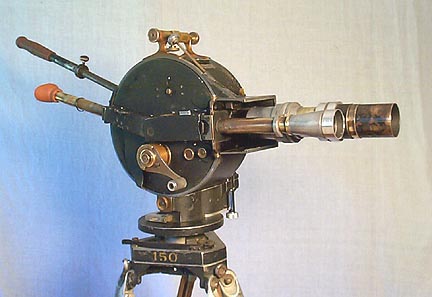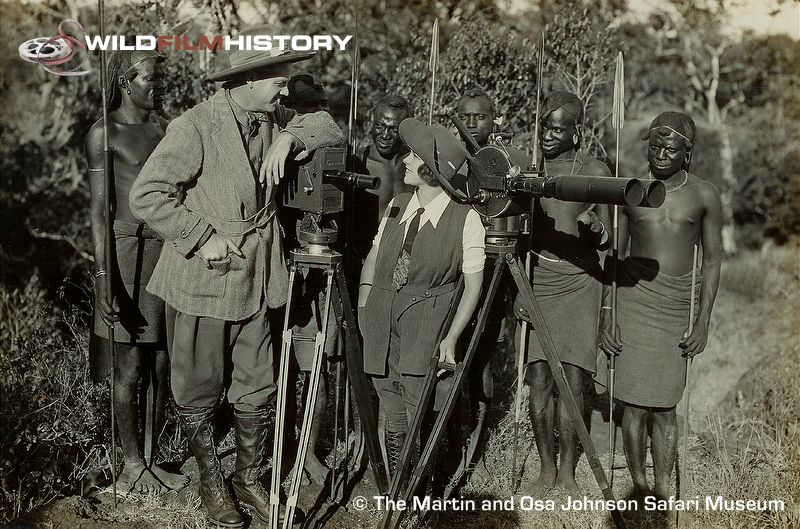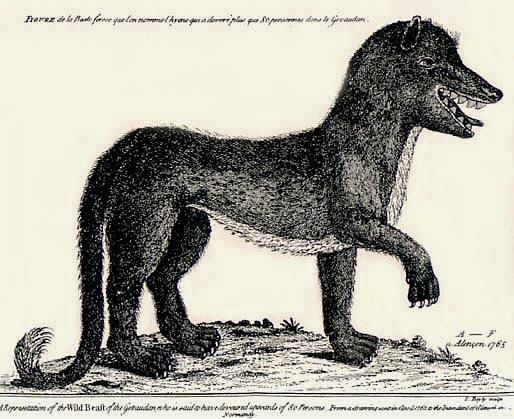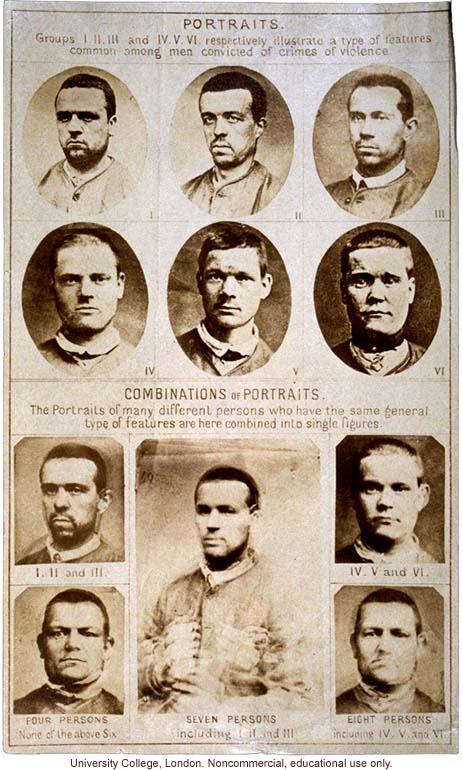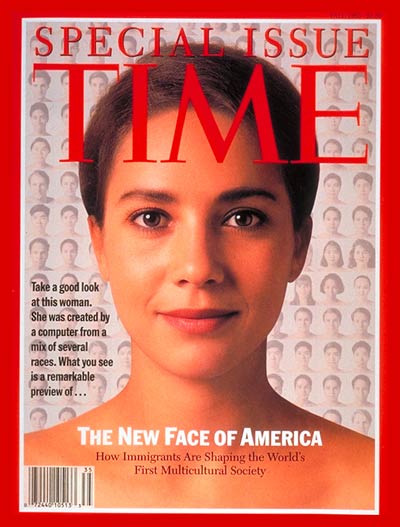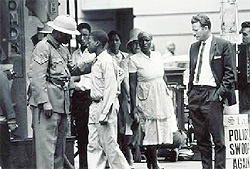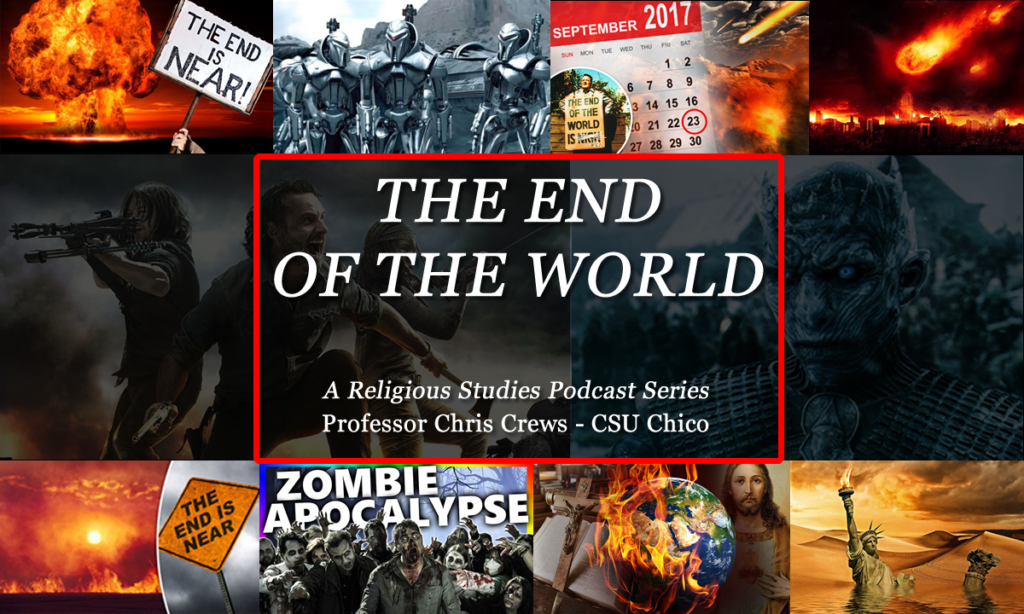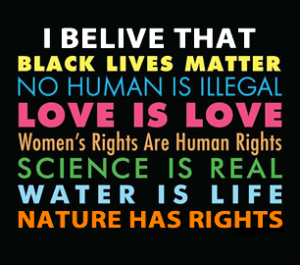Power, Vision, Knowledge – Statistical Sight, Criminal Visuality and Disciplinary Power
Some resources reflecting on Teddy Bear Patriarchy by Donna Haraway and The Body and the Archive by Allen Sekula. How does the history of natural dioramas, depictions of animals in Africa, the construction of social deviance and criminal typologies, the rise of statistical logics and biosystematics interplay with new forms of surveillance and visuality in the 21st century?
Constructing the Perfect Animal
 Carl Akeley and the American Museum of Natural History
Carl Akeley and the American Museum of Natural History
Revisiting Akeley’s Gorillas
Le Pacte Des Loups – Constructing the Beast of Gévaudan
Visualizing Deviance and Criminality
Francis Galton: Visualizing Criminality
Francis Galton Reborn?
“As it happened, Time‘s model was not a real person but a cybernetic crossbreed. The image was created on a computer by “morphing” men and women from various racial and ethnic backgrounds. As Time‘s editors explained, this was a preview of the sort of offspring likely to emerge in tomorrow’s multicultural society.”
Los Angeles City Statistics and Los Angeles graphs of arrests
Criminal_Visuality – Can you spot the criminals among us?
 Of the 41 people pictured above, which ones would you pick out as criminals? Why? How might this relate to Galton and his methods of criminal selection and characterization?
Of the 41 people pictured above, which ones would you pick out as criminals? Why? How might this relate to Galton and his methods of criminal selection and characterization?
Information and Disciplinary Regimes
Beware online “filter bubbles”: Eli Pariser
Facial Recognition: Who’s Watching the Shadow Achives
“The example of [Ernest] Cole’s work suggests that we would be wise to avoid an overly monolithic conception of realism. Not all realisms necessarily play into the hands of the police, despite Theodor Adorno’s remark, designed to lampoon a Leninist epistemology once and for all, that “knowledge has not, like the state police, a rogues’ gallery of its objects.”l06 If we are to listen to, and act in solidarity with, the polyphonic testimony of the oppressed and exploited, we should recognize that some of this testimony, like Cole’s, will take the ambiguous form of visual documents, documents of the “microphysics” of barbarism. These documents can easily fall into the hands of the police or their intellectual apologists. Our problem, as artists and intellectuals living near but not at the center of a global system of power, will be to help prevent the cancellation of that testimony by more authoritative and official texts.” –Allen Sekula
